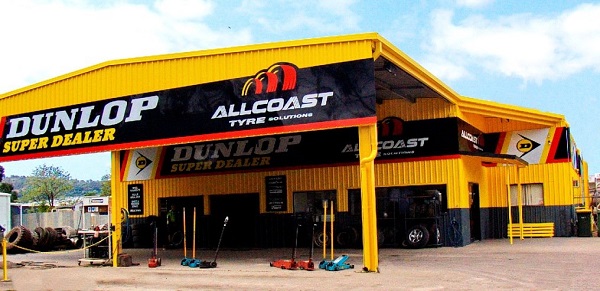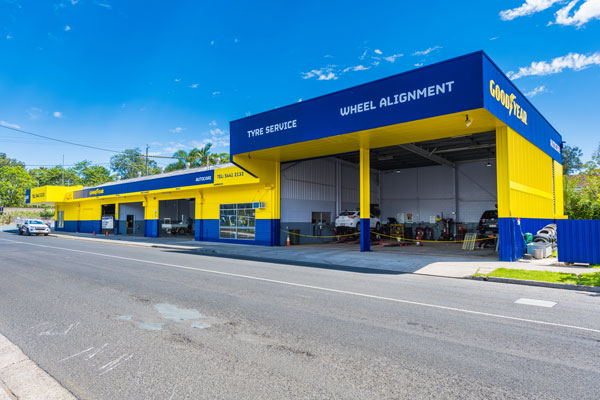
Essential Safety Tips for Your Summer Holiday
Monday 4 December 2023
Back to Latest News
For All Coast Tyres customers, embarking on long drives across the country to visit friends and family during the holidays is a common tradition. Such lengthy travels, while enriching, can exert significant strain on your car, increasing the risk of wear and tear and potential breakdowns.
To ensure a smooth and enjoyable journey, it's crucial to prepare your vehicle beforehand. Implementing certain safety measures can significantly enhance your car's condition and reduce the risk of mishaps.
Outlined below are essential checks to perform before embarking on your journey, aimed at preventing unnecessary breakdowns and enhancing your travel experience.
Battery Inspection
Regular lead-acid car batteries typically offer reliable performance. Nonetheless, they tend to lose their charging capacity over time and need replacement every few years. Failure to do so might result in inconvenient breakdowns.
Symptoms of a failing battery include starting difficulties or issues with remote unlocking. If you encounter these signs, it's advisable to visit your local mechanic for a battery replacement.
For those comfortable with DIY methods, using a multimeter to check the battery's health is an option. However, this should only be attempted if you're confident in handling electrical equipment.
Optimise Vehicle Settings
Many vehicles feature modes that alter engine performance and fuel consumption. For long journeys, we recommend setting your vehicle to "eco" or "comfort" mode. Eco mode optimises fuel usage for better mileage, while comfort mode may adjust ride quality, like softening the suspension. While eco mode is common in most modern cars, comfort mode is typically found in premium and sports vehicles.
Carry Emergency Supplies
While assistance is generally accessible along the coastline, country travel necessitates carrying emergency supplies, especially if you're far from help. Essential items include:
- Warning triangles
- Fire extinguisher
- At least 5 litres of water per person
- Extra food
- Reflective vests
- Basic vehicle servicing tools and equipment
Fuel Management
Ensuring your vehicle is fully fuelled before departure is key. This not only avoids the inconvenience of seeking petrol stations in unfamiliar areas but also reduces the likelihood of running out of fuel. In regional areas, it's advisable to refuel once your gauge drops below half.
Tyre Tread Examination
Travelling with worn tyres is not only hazardous but also illegal in Australia, where the minimum tyre tread depth is 1.5mm. Driving with tyres below this threshold can lead to fines and increased accident risks in wet conditions.
Brake Fluid Check
Although modern brakes are highly reliable, checking the brake fluid periodically is important. Your car's manual will guide you on the recommended fluid level and necessary steps if it falls below the minimum. Typically, this involves adding new fluid directly into the brake fluid tank.
Oil Level Check
Maintaining the correct oil level is critical for your vehicle's performance. Low oil levels can lead to breakdowns, particularly problematic when far from home. Modern cars usually indicate low oil levels via dashboard warning lights, but manual checks using the dipstick are also advisable.
Air Conditioning Service
Regular servicing of your car's air conditioning, typically every couple of years, is essential. This includes "re-gassing" to maintain optimal functionality. A malfunctioning air conditioner during a long, hot drive is the last thing you want. If you notice reduced cooling efficiency, it's time for a service.
For those planning a journey and interested in a comprehensive log book service, contact All Coast Tyres today. Our expertise will ensure your vehicle is in top condition for your travel adventures.




